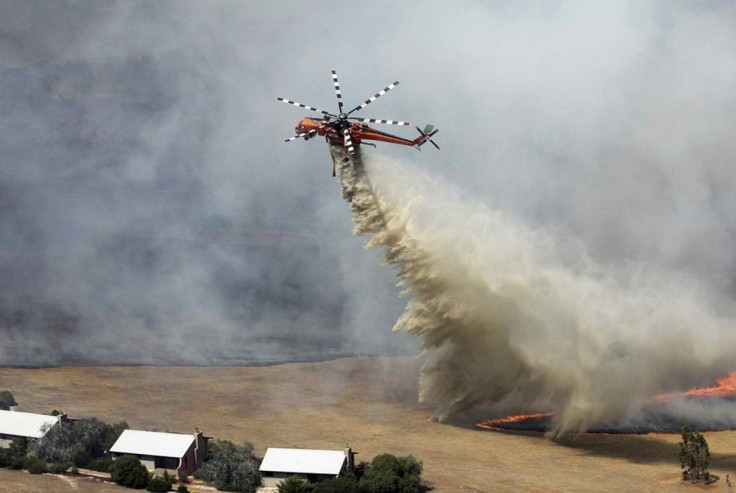Australian Study Predicts More Catastrophic Weather Events Due to El Niño (VIDEO)

(Source: YouTube/CNN)
As the Pacific Ocean continues to have rising temperatures, extreme weather events will become more frequent. According to a new study led by CSIRO climate scientist Wenju Cai, the frequency of El Niño events is associated with the effects of climate change.
Mr Cai used climate models to explain the frequency of El Niño weather as the surface of the Pacific Ocean heats up. Climate scientists describe El Niño as a natural climate phenomenon that impacts weather patterns. El Niño can affect agriculture and ecosystems by changing the amount of rainfall.
The recent findings of Mr Cai are in contrast with previous research which found no strong evidence on the impact of El Niño to climate change. The researchers have suggested that increased occurrence of El Niño will result in catastrophic weather events. The findings of the study are published in the Nature Climate Change online journal.
Scientists have agreed that man-made climate change impacts global weather. The year 2013 has been the declared the hottest year with Australia experiencing record-breaking temperatures.
Australia to expect more extreme weather
The heat wave in Australia sparked bushfires in the state of Victoria and killed one person. While parts of the country face another day of rising temperatures, fire authorities discovered a body in the Northern Grampians area. According to authorities, the bushfires have gone out of control and advised residents to flee their homes.
Fires in South Australia and New South Wales were also reported and prompted officials to issue several fire alerts. South-east Australia has been experiencing consecutive days of scorching temperatures.
According to a report by the Climate Council, heat waves in the country will be hotter, longer and more frequent. The Climate Council's full report is set to be released in February but the organisation revealed its findings based on a study of heat waves in Australia between 1971 and 2008. The council points to climate change as the main factor behind the rising temperatures in Australia.
The Climate Council has warned Australia in December 2013 to prepare for more frequent and intense bushfires.




















